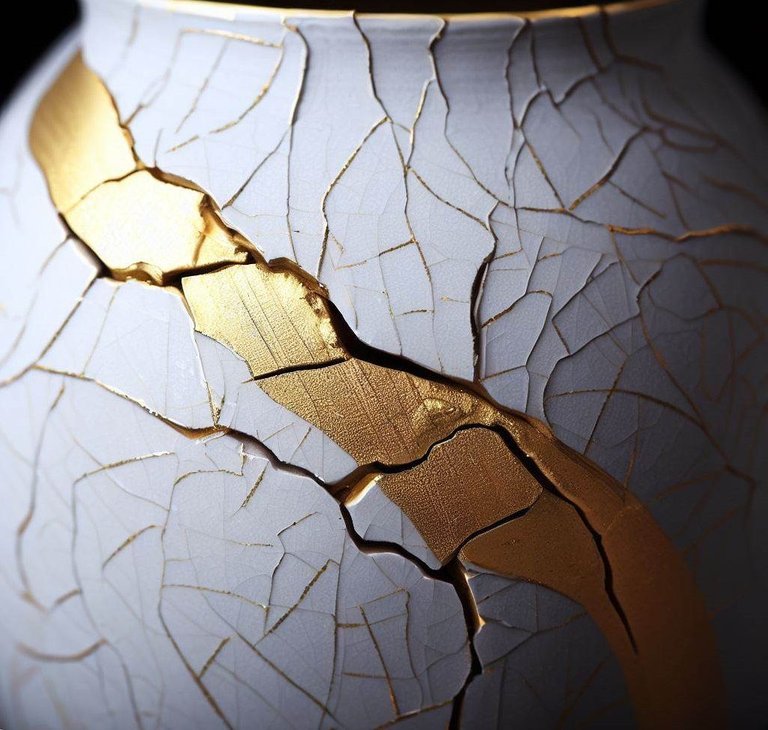What does it really mean to know yourself fully?
To dive deep into your inner world, understand what makes you tick, and gain clarity about who you are at your core?
It's a journey many of us feel called to embark on, a search for truth, meaning, purpose and direction.

We each move through life accumulating a vast array of experiences. The heartaches, triumphs, regrets and revelations all leave their mark, shaping us in ways both subtle and profound. Yet they can also obscure us from ourselves, covering over our essence like layers of an onion. Peeling back what is external and superficial to reveal our inner core requires intentional and ongoing self-inquiry.
Self-discovery begins with awareness, with paying attention. It means cultivating presence - becoming conscious of our moment-to-moment thoughts, emotions and physical sensations. Meditation, mindfulness and other contemplative practices help hone this skill. When we develop the capacity for presence, we create a sliver of space between stimulus and response. In that pause, however brief, lies the possibility for insight.

As we start to pay more attention, we gain illuminating perspective on the conditioned patterns that run our lives on autopilot. We may find that our impulsive reactions, our self-limiting beliefs, our self-defeating behaviors, are not aligned with our deepest truth or values.
The judging inner voice constantly evaluates and criticizes. Fear shadows us into smallness. Old traumas color our perceptions. What we took as the totality of “ourself” starts to look more like an accumulation of learned responses and coping strategies developed over a lifetime.
Is there authenticity underneath those conditioned layers? Many have found that at the core there is not a fixed, permanent self to be discovered, but rather a fluid process of experiences arising in each moment. We construct and reconstruct our sense of identity through the stories we tell ourselves. With mindfulness, we can loosen the grip of limiting stories and begin consciously authoring our own narrative.

Owning our story and rewriting the script is a powerful act. It means rejecting others’ definitions of who we are and deciding how we want to move through the world. It requires radical self-honesty - a willingness to acknowledge where we are, how we got here, and where we’d like to go next. The process can be challenging, but immensely rewarding.
When we edit our self-concept, we open up possibilities that we had closed off through fear or resignation. We discover dormant talents, suppressed emotions, untapped potential. We start to align our outer lives with our inner truth. Each courageous choice expands our self-knowledge and strengthens our self-trust.

For many, the most significant rewriting involves old pain. Trauma, loss, abuse, injustice - whatever the source, unresolved hurt casts a long shadow. Taking ownership of our wounding stories is the first step in integration. Seeing past the protective masks built around trauma lets us access the light within those darkened spaces. While the hurt may always be part of our tapestry, we can choose whether we allow it to define us.
Owning and honoring our past makes way for growth. We retrieve the parts of ourselves that went into hiding to survive. We unearth passion, creativity, joy. We realize just how resilient we are. Piecing together the fragments, we become whole. The integrated self knows and embraces all of its humanity.

The quest for self-discovery has no final destination. As long as we are growing and evolving, there are always deeper layers to explore. But through courage, compassion and curiosity, we sculpt ourselves steadily into our fullest potential.
Each individual path winds in its own way. What does your own journey look like? Where are you being called next? What hidden corners of yourself are waiting to be illuminated?
I’d love to hear your experiences and insights in the comments! This winding path belongs to all of us.








